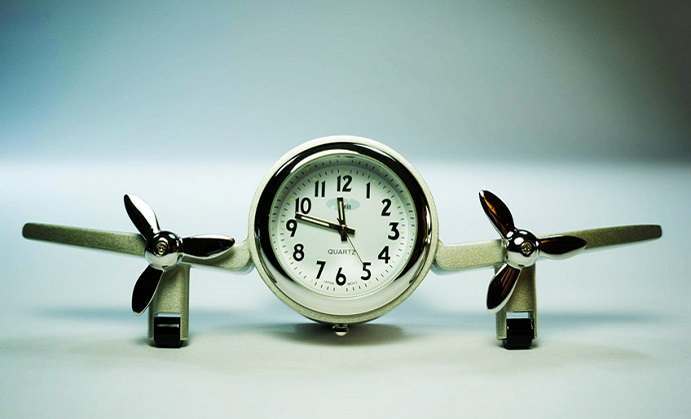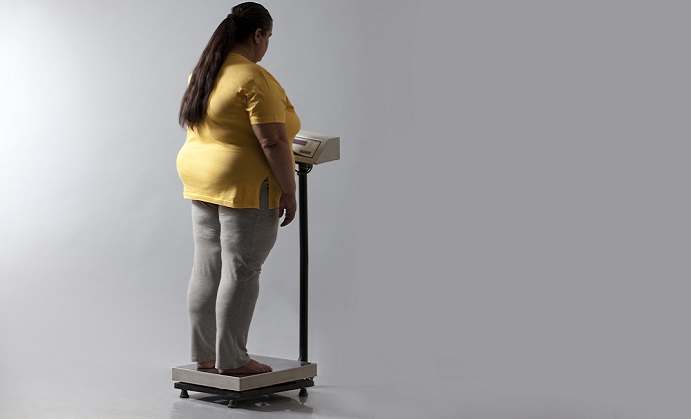Constant traveling across various time zones can cause exhaustion as well as other symptoms and this is commonly known as jet lag. Our brain is able to process day and night because of the impact of sunlight on neurotransmitters and brain chemicals like melatonin. Different processes of our body like heart rate, temperature, digestion, brain states, hormones and the blood pressure of our body are used to a psychological twenty four hour clock and if there is any change in the rate of these activities over a period of twenty four hours then this can cause a disruption and lead to jet lag. Not getting enough sleep while traveling is another cause of jet lag.
 You should know that a jet lag cannot be cured and you can only reduce it by careful planning. Jet lag has many symptoms including fatigue, apathy, memory loss, sleepiness and irritability. There are different ways of reducing the effects of jet lag. First of all, you have to make sure that you get sufficient sleep before you have to leave for the airport as sleep deficiency can worsen the jet lag. Also, if you are traveling towards the west then you should go to bed as late as you can for at least one week prior to the trip. This can help you significantly in adjusting to the new time zone.
You should know that a jet lag cannot be cured and you can only reduce it by careful planning. Jet lag has many symptoms including fatigue, apathy, memory loss, sleepiness and irritability. There are different ways of reducing the effects of jet lag. First of all, you have to make sure that you get sufficient sleep before you have to leave for the airport as sleep deficiency can worsen the jet lag. Also, if you are traveling towards the west then you should go to bed as late as you can for at least one week prior to the trip. This can help you significantly in adjusting to the new time zone.
There are other strategies that you can use during your flight to limit the effect of jet lag. First of all you should drink lots of water and avoid caffeinated drinks and alcohol. Secondly, you should wear an eye mask and earplugs. You should also walk inside the cabin whenever it is possible and try taking a nap if you feel drowsy. You can maximize your comfort with the help of a pillow that can support your head and neck. In addition to this you should avoid heavy snacks and eat light meals like vegetables and fruits.
 What you need to know is that when you are traveling to a different time zone your body tends to stay synchronized with the home time zone. During this activity many processes of the body require time to adjust and each process may take different time. Generally, the time needed varies from person to person but generally the human body requires at least a few days or a week to completely adjust to a new time zone. There are different things that can help you adjust to the new time zone and the most important one of them is sunlight.
What you need to know is that when you are traveling to a different time zone your body tends to stay synchronized with the home time zone. During this activity many processes of the body require time to adjust and each process may take different time. Generally, the time needed varies from person to person but generally the human body requires at least a few days or a week to completely adjust to a new time zone. There are different things that can help you adjust to the new time zone and the most important one of them is sunlight.
You should try and go out in the sun as the bright sunlight can play an important part in resetting your body clock. You should also try to limit the intake of caffeinated drinks throughout the day and avoid them at night especially before going to bed. If you feel sleepy during the daytime you should try to take a brief nap and at night time you should try and imitate your general bedtime routine. You can also use different relaxation techniques in order to adjust to the new time zone.
Do you want to find an effective Jet Lag treatment? Check out our top rated Jet Lag products











